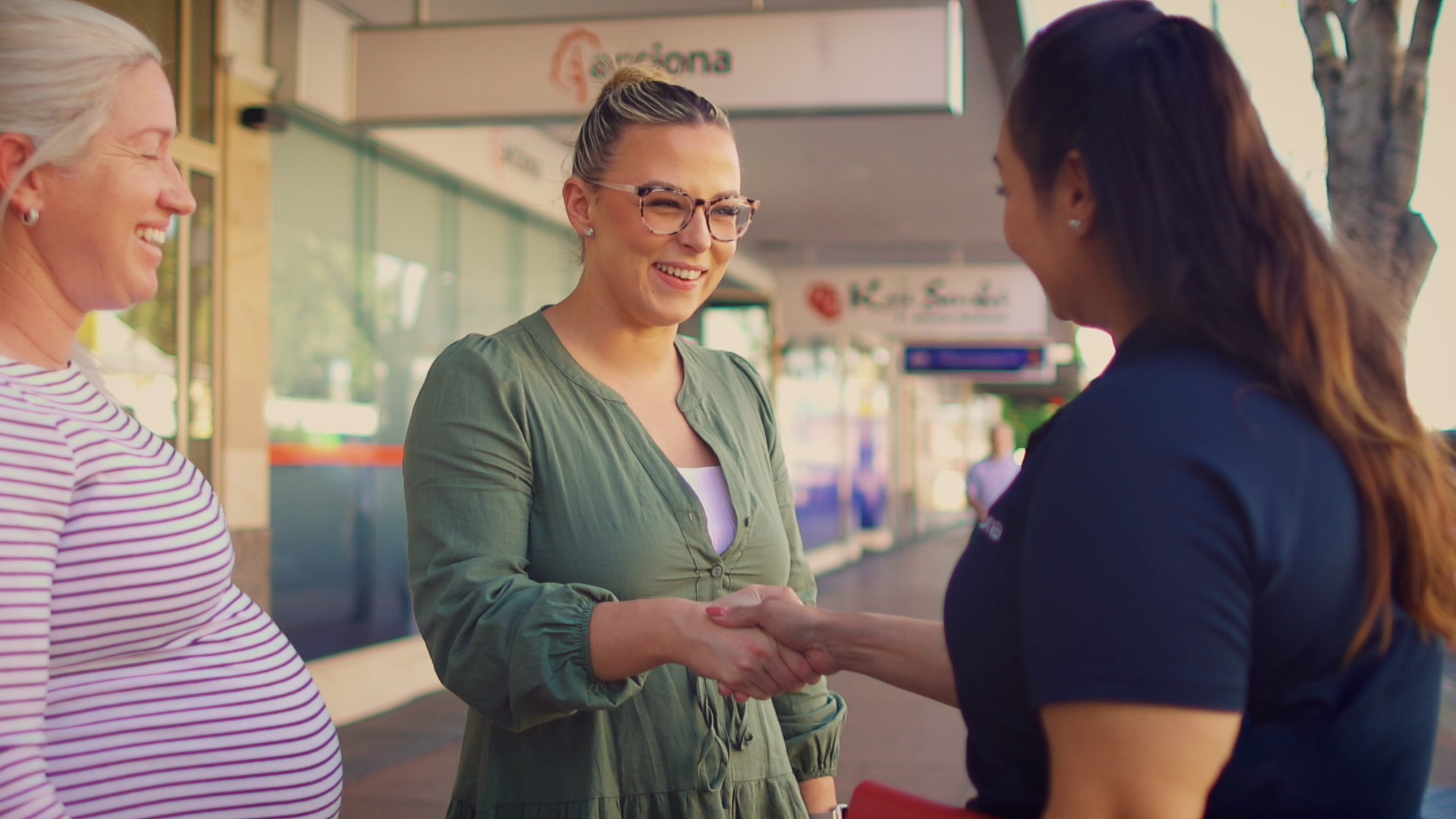An essential foundation in social license.
This course offers an essential foundation for those studying or working in clean energy to foster social license. Gain insights into engagement and benefit sharing with landholders, regional communities and First Nations Peoples, featuring case studies from Neoen Energy's and Iberdrola Australia's projects in Queensland’s Renewable Energy Zones.
Renewable energy projects can deliver substantial local benefits, but to be successful, communities must be appropriately engaged and engaged with early.
The course is self-paced. You can enter and exit the course as needed and complete it in your own time. After completing the course, you can re-enter it to revisit any learning materials.
Participants will have on-demand access to the course platform for 12 months from their enrolment date to complete and review all modules.
This content is based on the Clean Energy Council’s Best Practice Charter for Renewable Energy Projects.
Learning outcomes
Upon completion of this online course, you will be able to:
- Identify effective practices for engaging First Nations peoples in decision-making processes.
- Assess environmental impacts and implement strategies for managing land use in renewable energy projects.
- Discuss the significance of incorporating local input in development projects.
- Apply community engagement techniques using insights from successful case studies.
- Outline strategies to ensure the fair distribution of benefits in energy transformation initiatives.
- Leverage local strengths for sustainable development and create opportunities to maximise workforce potential.
Cost
Free of charge
Duration
90 minutes
Time to complete
12 months
Who should enrol
- Individuals who work in or have backgrounds in project planning and managing, energy industry, policy, environmental groups, investors, and local and academic communities.
- New market entrants, such as graduates or new employees of project developers
- Emerging practitioners in the engagement space, including current employees seeking to deepen their expertise
- Tier one contractors who manage entire construction projects
